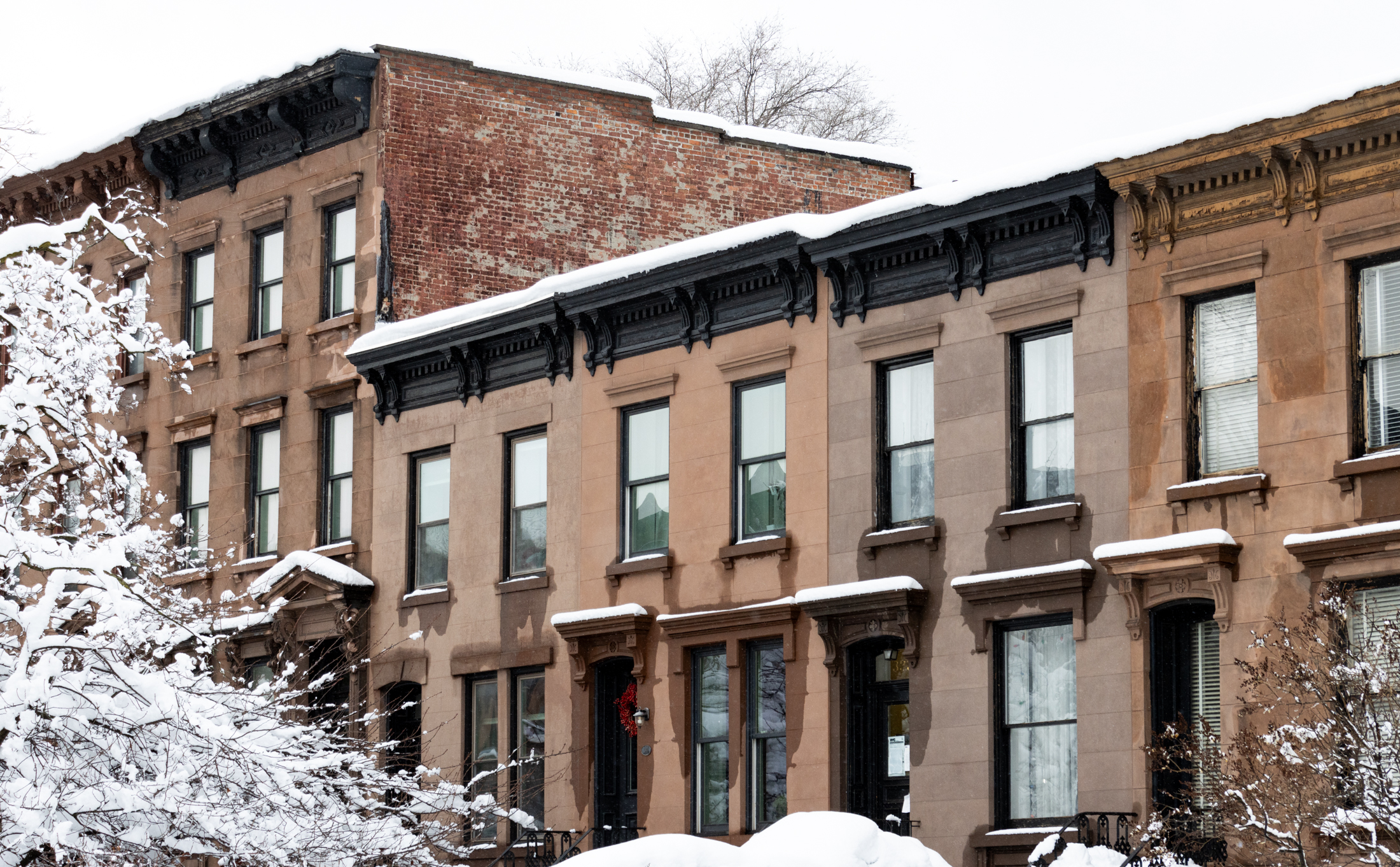Manhattan Real Estate In a World of Its Own
The cover story in yesterday’s real estate section of The Times looks at the astonishing gulf that has formed between Manhattan (along with parts of Brooklyn!) and most of the rest of the country in terms of home sales, inventory and prices. Simply put, Manhattan’s residential market continues to be red hot while the majority…
The cover story in yesterday’s real estate section of The Times looks at the astonishing gulf that has formed between Manhattan (along with parts of Brooklyn!) and most of the rest of the country in terms of home sales, inventory and prices. Simply put, Manhattan’s residential market continues to be red hot while the majority of the U.S. struggles with plunging home sales and excess inventory. The article gives plenty of possible reasons for Manhattan’s resilience, including the island’s dearth of subprime loans, greater demand for large apartments, record Wall Street bonuses, increased demand from foreign buyers, a tight rental market leading people to buy, and the city’s job and population growth. The story doesn’t really examine the state of Brooklyn’s market—there’s an aside in one sentence lumping sought-after pockets of Brooklyn with Manhattan—and it’s difficult to assess whether Brooklyn is faring as well as Manhattan. It certainly remains to be seen whether problems with the credit market, rising rates on jumbo loans and diminished Wall Street bonuses will signal an end to the good times in Manhattan (and across the East River). Given the uptick in foreclosure rates in some areas of Brooklyn, it’ll be interesting to see if Brooklyn and Manhattan fortunes continue to be aligned.
The City of Gold [NY Times]
Brooklyn Nowhere Near Top of Foreclosure List [Brownstoner]





12:33 is right on. I work for one of those firms right now and can tell you without a doubt that “up 10-15%” is a wild ass guess at this point, looking less and less realistic the longer this downturn lasts. I dont care whose number it is. Wall Street firms most DEFINITELY do not project their financials two three years out, it’s hard to tell a lot of times what a given firm will earn in the next quarter! I dont see how you can have compensation up 10-15% when business in the back half is looking awful and you’re comparing against a pretty damn good year for 2006.
A lot of people “expected” a lot of things two months ago, however the current liquidity mess is unprecedented. There are a lot of slips betwixt August and December.
Any “financial services worker” that pulls down more than 100k in a bonus & is spending money they haven’t yet been paid is a fool.
Mind you, risk-blind fools are how we got into this mess in the first place.
You must know better than a Wall Street compensation consulant, right 12:33?
It doesn’t count that when you worked for “these firms” it was before the advent of computers.
They are able to do wonders with these things now, you know…
“But the fiscal year is far enough along that financial services workers can expect gains of 10 to 15 percent when bonus season rolls around later this year, said Alan Johnson, the managing director of Johnson Associates, a Wall Street compensation consultant. The real pain, if there is any to be felt, would come in the 2008-09 bonus season, he said, and a year or two later for private equity firms, which typically make their profits several years after a takeover.”
“These firms project their financials two-three years out”
I’ve worked for “these firms”, and they can project all they like, but NO BONUS is for sure until the scramble around november when anxious traders get to talk to their managers and find out how much is in the kitty for their group, and for them. Nearly all of these figures are drastically curtailed in the event that bank management decides that there is new current, or new predicted future trouble.
If you think bonuses are now fixed for this year and next then you clearly don’t know much about investment banking pay packets.
Wall Street bonuses will be higher this year than last. These firms project their financials two-three years out and bonuses will not be affected till 2009 at the earliest.
Bonuses this year will be the highest we’ve seen.
To 10:50. Brooklyn has a HUGE amount of co-ops.
Property is a ladder, the support cannot be pulled out from the buyers on the lower rungs (and it has..) without a knock-on effect. For every large apartment bought a smaller apartment was sold for a fat profit. Without the barriers now erected over the 417k conforming loan limit, it will be very hard for the wealthy to make a pile just by trading up homes.
No argument that there are plenty of wealthy buyers in new york but the rise in values has also created a vast amount of paper wealth as well. I can’t guess what the ratios are but if 30% of the cash floating around new york being spent on high class apartments was created out of thin air by fast appreciation of properties all down the ladder, then we’re in trouble. Without the first rungs of the ladder shooting up (500k for a starter studio?) the rich end is going to stop getting funded by dumb appreciation as well.
On top of that we have a doubtful bonus season now as hedge fundies and IBs recalculate their books and put money away for surprises, rather than doling it out to top producers.
This game is far from over! If it was, the market would be shooting up today on a track to resume its month on month rises – because there isn’t any fresh bad news, the fed is dropping money from helicopters, so why not? but as I look all I see is headlines saying there is ‘uncertainty’. Indeed.
The other shoe has yet to drop, and I think many people don’t even realize that going to sleep above us isn’t a guy with two shoes, it’s imelda marcos, and boy is she pissed!
I think Brooklyn is a tale of two cities. But speaking only about the area this blog covers, I have to think that it is different in a couple of key respects.
1. Not the same level of foreign buyers (by a factor of.. I don’t know, a lot).
2. People come to Brooklyn seeking more space, but they don’t have the regulations of a co-op board. So I’m not sure how many $2mm+ brownstones were 100% financed with adjusting mortgages, but I’m sure some have.
I think that co-ops are what keep the NYC market secure. They acted like banks to qualify buyers long after banks stopped acting like banks.
(I question whether we can say our community is faring well in any sense when so many are closed out of home ownership or even studio ownership)
I agree. Why is a housing bubble “good?” It is only good for those who cash out and move away. And a crash will only be bad for those who miss an opportunity to do so.